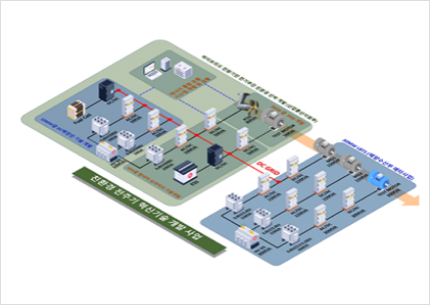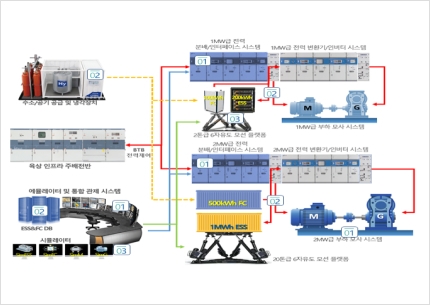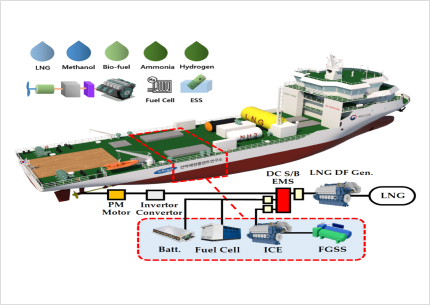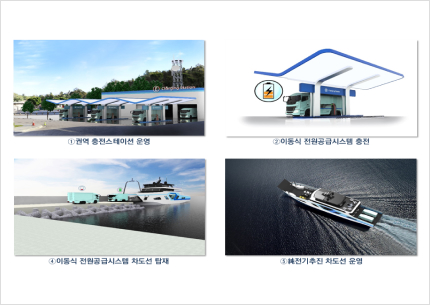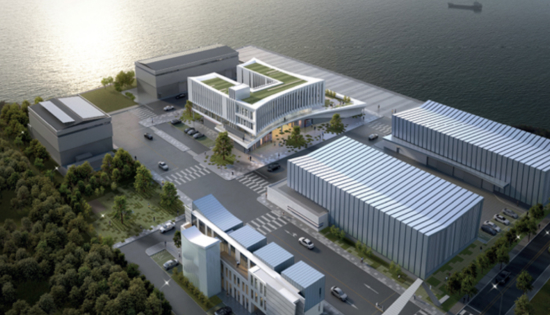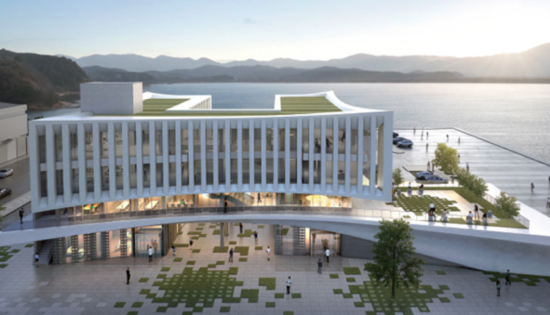-
2025
06.
Expecting opening the specialized KRISO Mokpo Research Hub for eco-friendly ships
-
2022
-
10.
Groundbreaking ceremony for the specialized KRISO Mokpo Research Hub for eco-friendly ships
-
06.
Obtaining approval for the implementation plan of the Mokpo Research Hub of non-regulatory agency's port development project
-
2021
07.
Reporting to the Minister of Oceans and Fisheries of Korea on the plan to foster an eco-friendly ship research ecosystem
-
2020
03.
Establishing the Alternative Fuels and Power System Research Center

 Research Project
{{data.S ? data.S.sum : 0}}
Research Project
{{data.S ? data.S.sum : 0}}

 Patent
{{data.P ? data.P.sum : 0}}
Patent
{{data.P ? data.P.sum : 0}}

 Technology Transfer
{{data.T ? data.T.sum : 0}}
Technology Transfer
{{data.T ? data.T.sum : 0}}

 Thesis
{{data.R ? data.R.sum : 0}}
Thesis
{{data.R ? data.R.sum : 0}}












